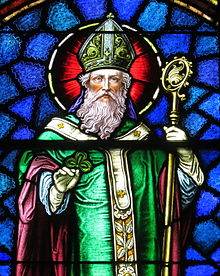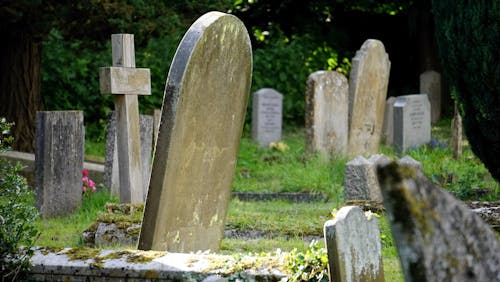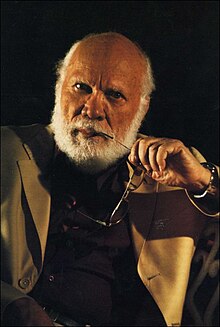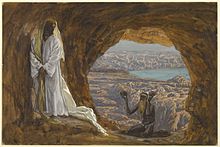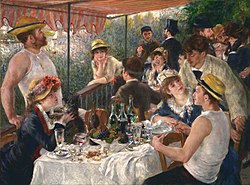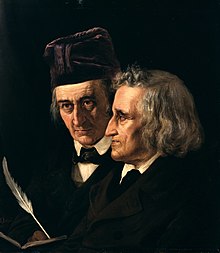It’s “news from nowhere,” wrote nineteenth century artist and anarchist William Morris, "a new age that has come." So his patterns and sketches state. But unless we seek the well at the world’s end or, if we are so inclined, follow Charles Williams, he an Inking of Oxford fame, in his descent into hell, we look for this age in vain. Like kainos, like chadash: it comes out of nowhere.
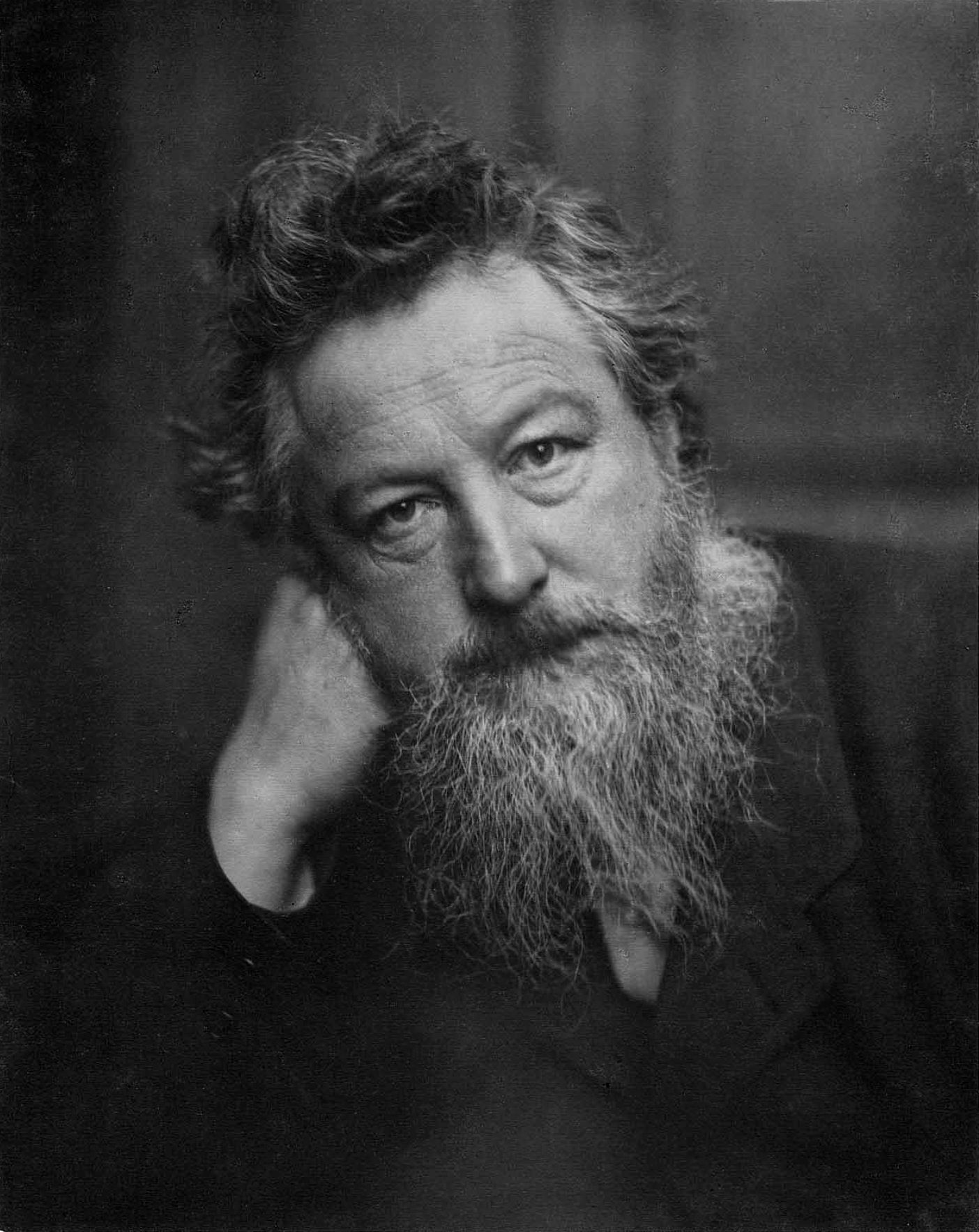 As it should.
As it should.
Many a theologian, Hindu, Muslim, Christian, Jew, and more, has told us that, well, it is God from which everything comes. From this God, this hidden and omnipotent presence embedded in the circles of the universe, this immaterial yet material somethingness that somehow pervades all of reality, seen and unseen, they argue—in a variety of ways—comes all that is to be, as well as all that is to come. What will one day be. Even nowhere. Once where, now nowhere, nowhere is where in disguise, a doppelgänger, a phantom, a voiceless voice of another world.
But that’s the point. If, as the curious and inquisitive medieval thinker Hermes Trismegistus once contended, “God is an infinite sphere, the center of which is everywhere, the circumference nowhere,” then even if we know where “God” is, we really don’t. Or as the Italian and allegedly, pantheist Giordano Bruno noted, building on Trismegistus’ words, “We can [only] state with certainty that the universe is all center, or that the center of the universe is everywhere and the circumference nowhere.”
Newness is our greatest unknown.
 skies. And his music fits the season. Fresh, bright, and resonant with joy, Bach's music
skies. And his music fits the season. Fresh, bright, and resonant with joy, Bach's music 

